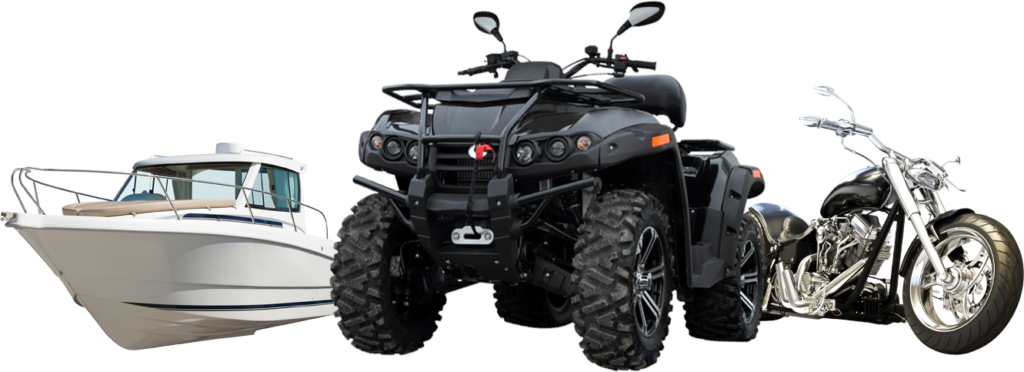Recreational Vehicle Insurance
Interestingly, some people don’t know that Recreational vehicle insurance is not the same as ordinary auto insurance. It is important to know what is required by your state’s motor vehicle laws and how you can use recreational vehicle insurance to your advantage. Some of the vital components of a recreational vehicle (RV) insurance policy include:
Liability Insurance
Motorized vehicles are supposed to have minimums on liability coverage. This is to protect them against lawsuits for injury and damage to property.
Underinsured/Uninsured Motorist
This component of an RV insurance policy is for protecting you against accidents that involve underinsured/uninsured vehicles. Furthermore, it also protects you against hit-and-run accidents.
Personal Injury Protection
In certain states like Washington that is a no-fault state, drivers are required to have personal injury coverage. This means that you can’t sue the other driver if the medical costs related to the sustained injuries don’t exceed your coverage.

Collision Insurance
This covers the cost repairs when involved in a crash with another vehicle.
Comprehensive Insurance
The comprehensive component of your RV insurance policy will cover the loss of belongings from your camper or even when your camper is vandalized.
Medical Payments
It caters to the medical bills for you and/or your passengers in case you are involved in an accident. It also covers the medical costs when you or a family member is hit accidentally by another as a pedestrian.
Optional RV Insurance
There are other optional RV insurance policies that you should consider in order to customize your policy adequately such as towing and roadside assistance, storage insurance, emergency expenses, permanent attachments, and personal property replacement.


(501) 868-9338
16719 Cantrell Rd. Little Rock, AR 72223
5519 JKF Blvd. Little Rock, AR 72116
2322 S. 58th Street Fort Smith, AR 72903
107 N. Hazen Ave. Hazen, AR 72064

